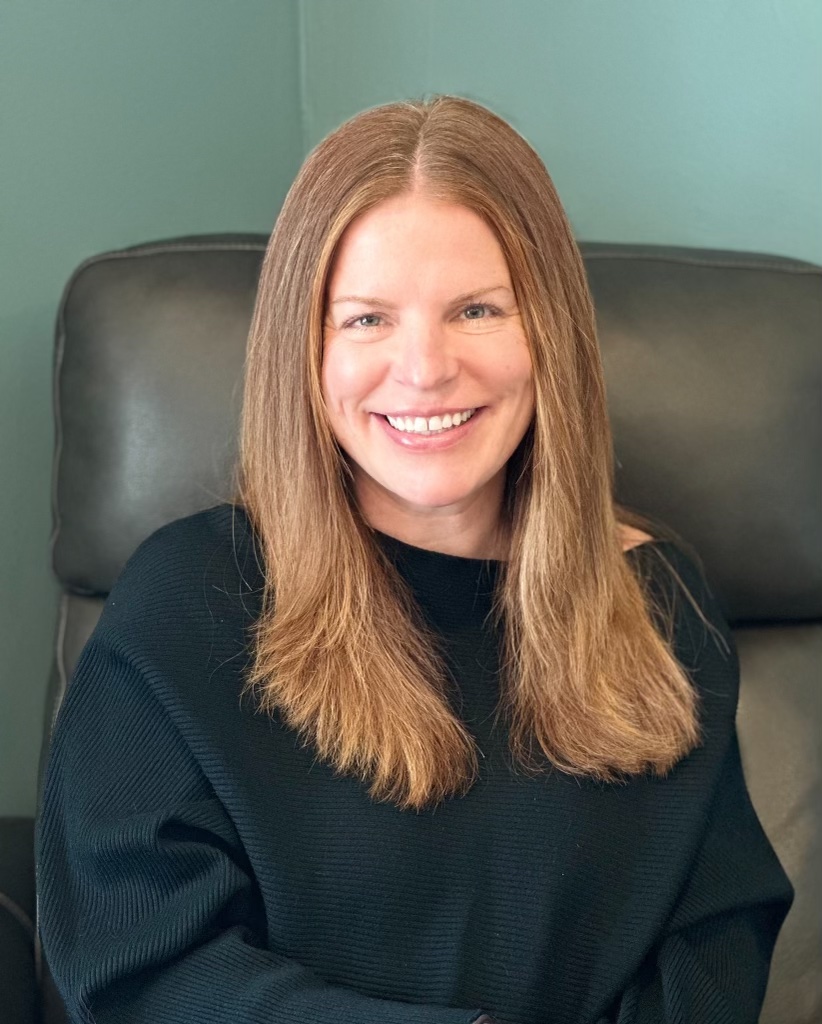menu


What Does Individualized Eating Disorder Treatment Really Look Like?
What Does Individualized Eating Disorder Treatment Really Look Like?
category 4
category 3
category 2
category 1
blog
categories
book your 1:1 call
connect with me
I utilize my own shared recovery experience to provide compassionate recovery care and empower clients to a life of health and wellness.
a Certified Eating Disorder Recovery Coach based in Dallas, Texas.
i'm merrit elizabeth
Looking for information on bulimia specifically?
visit the conquering bulimia blog
Today I sat down with Sara Frischer, a Board Certified Psychiatric Mental Health Nurse Practitioner who provides psychotherapy and medication management. Sara is trained to treat clients with eating disorders and the psychological effects of trauma.
Sara spent over a decade working with critically ill children in the Pediatric Intensive Care Unit as a Registered Nurse, and now specializes in working with adolescents and their families. In this interview, Sara gets candid on what she believes true individualized treatment looks like, and how to achieve full recovery from an eating disorder.

Which therapy modalities do you find to be the most helpful for clients with eating disorders?
I think it’s actually more of a nuanced answer than just, like, “What do you use for someone with an eating disorder that sits in front of you.” Right? Because everyone who sits in front of you has a different lived experience. I’m trained in the typical CBT and DBT that we all are.
I’m trained in EMDR, IFS, and parts work, which kind of goes along with IFS. And I use whatever modality I feel is most appropriate for the human who’s in front of me. So if I have an eating disorder patient who has a long-standing history of trauma that’s interweaved with the eating disorder, I might be using modalities like something somatic or EMDR.
And if it’s an adolescent who has a perfectionistic temperament and it was what pulled the trigger of the loaded gun so to speak, CBT might be just perfect for them and really might help push them along.
But, we have folks who are really complicated. And that’s okay given their lived experience.
And so I find that I’m pulling from lots of modalities. Somatic work, using the body as a resource instead of fighting against the body, which our eating disorders folks do, trauma-informed care, which I think is so incredibly appropriate and overlooked in this field, rather than just using our brains. We’re using our bodies as resources in a way.
It really depends on the person. I’m not trained in FBT, so I would refer out for FBT. But FBT can be a fantastic modality of treatment because we’re really bringing in the family as a resource if they can effectively do so. And so that can be incredibly empowering for families rather than them feeling like they’re at a distance, right, and their kid is in Clementine or something, and they have no idea what to do when they’re just learning in the periphery.
Which coping skills do you find most empowering for your clients with eating disorders when dealing with strong urges to use eating disorder behaviors?
We all are going to teach our folks DBT skills and all that kind of stuff or emotion regulation and all that stuff. But I often find that when folks are really in the throes of urges, they have difficulty accessing the skills that they already know-that even if they’ve kind of mastered them, that when they’re really in the throes of an urge, it’s hard to access them. And so what I really like to work with folks on is how to access their functional adult self, and use that as a resource instead of fighting with the eating disorder part, but validating that part itself–joining with it, in a way that they can, in a sense, regulate themselves.
All of the DBT skills are incredibly effective, but when we use the parts of ourselves and work together in alignment, it can be incredibly effective.
Are there any promising medications to help cope with urges to engage in eating disorder behaviors?
If you were to talk to a different prescriber, they might have a different answer. I’m going to tell you my philosophy. We have stuff like naltrexone, which might do something that can certainly help for things like substance use and stuff like that.
And maybe can be helpful with some of the self-harm kind of nature of eating disorders intertwined with personality pathology and stuff like that. And we certainly have Vyvanse, which is FDA-approved for binge eating disorder. Do I use them in that way? No.
I think that we have great medications for comorbidities with eating disorders. Do you ever see someone who walks into your office who has anorexia without a comorbidity? No.
And so anxiety, depression, OCD, whatever, we have medications that can really help with those. And so we utilize them because why not give folks a tool in their toolbox? But I very much believe in the recovered model of eating disorder treatment.
And so I think giving someone with binge eating disorder something like Vyvanse is like giving someone with anxiety Klonopin. And so I would much rather have that patient, if they’re willing to do the hard work in therapy, to live a life worth living, rather than just giving them five minutes every day.
How did your previous work as a registered nurse in the pediatric intensive care unit assist in the work you do now?
It really helped with how I work with families, and just to understand the family system as a unit. And so you’re not just treating the patient, but you’re treating the entire family often, especially when you’re working with adolescents. Because, again, let’s go back to the FBT conversation.
Parents can really feel exiled in treatment. And they’re the expert in their kids’ mental health typically. Of course, there are exceptions.
But just seeing them as a whole and working interpersonally with every part of the family, of course, with confidentiality and being a little bit nuanced and complicated. But, it helped me work with families. And it also just really helped me to see the resilience of spirit in adolescents, in parents, the humanity of people, and how we work with them.
Especially in adolescent medicine, we see a lot of anger towards parents. Parents are trying their best, and maybe it’s well-intended but misguided. And so a lot of people exile them because of that. And just knowing that we’re all humans and we’re all going to mess up and just kind of understanding why they’re doing so, but to help them, bring them back and join them into the team.
So I think more than anything, it’s that. It’s just that we’re we’re all humans. Everyone is resilient in their own way and deserves support because of that.
What do you believe is the most important thing people with eating disorders can do in order to achieve full recovery?
Well, first, find good supportive care. I think it is incredibly important, and this is where people like you come into play. I think it’s incredibly important for folks with eating disorders to know people who have recovered from eating disorders.
So often people tell me over and over, “Well, this is something I’m always gonna have to deal with.” And I’m like, maybe not.
I’ve seen so many people recover and live in a recovered mindset and become total antidotes to the culture that we live in now, with regard to food and body. So I think having a mentor like that is incredibly important, or even just knowing someone on the planet. Getting good supportive care, and staying off of toxic social media, I think, is incredibly helpful.
I think that hope is so important in eating disorder recovery because frankly, it’s hard. And so if people can lean into things that bring them hope in the hard work, I feel like it’s incredibly helpful, which is why I love that there are recovered staff in residential facilities who are transparent about it or recovered coaches who are transparent about it. I don’t know a lot of therapists who are incredibly transparent about it like they are in the substance use world, which I think maybe is okay, but probably can change.
But I think that aspect of hope is so important for anyone.
Do you have any words of inspiration for those struggling?
This is hard work. But we can use our body as a resource instead of an enemy, and lean into people. The 8 Keys book brings a lot of hope to people. Lean into those resources to know that you can live a life worth living, you can recover from this. It takes a lot of work, but I’ve seen many, many people do it.
And I almost think being on the other side of an eating disorder, like living a recovered life, is almost cooler than not even having one. Because it’s just kind of the way you look at the world. The way you look at diet culture, the way you look at body neutrality, positivity, all that kind of stuff.
Published by Merrit Elizabeth on July 19, 2024.

Merrit Elizabeth Stahle is an Eating Disorder Recovery Coach certified by The Carolyn Costin Institute. She holds a master’s degree in Health Promotion Management and a certification in Applied Neuroscience. She is fully recovered from an eating disorder and she has years of experience working with women with eating disorders.
Leave a Reply Cancel reply
next post
previous post
browse categories
read or leave a comment +